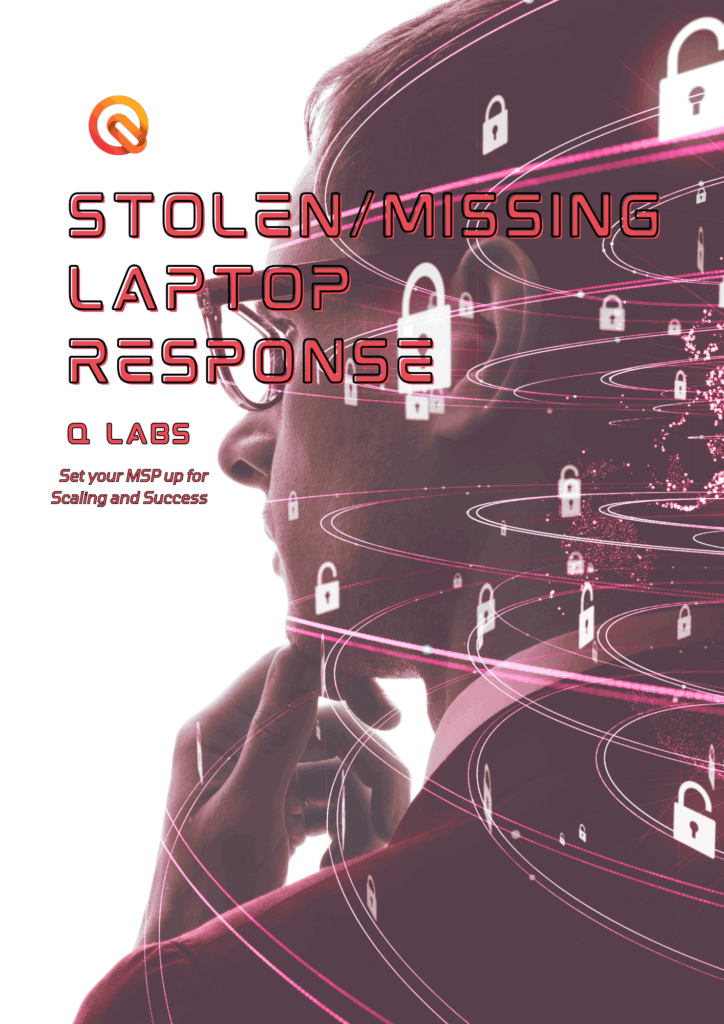

Good news, operatives! We’ve just deployed a new field resource to your arsenal.
We all know the scenario: a client calls in a panic because a laptop has gone missing, possibly stolen. Without the right protocols, this situation creates confusion, security risks, and makes your MSP look reactive rather than prepared.
That stops today.
We’ve just added our comprehensive Stolen/Missing Laptop Response SOP to your Cleared Access resources. This isn’t a theoretical exercise or a vague checklist—it’s a complete, ready-to-deploy protocol based on real-world MSP operations.
Download it here!
This SOP stands out because of its tiered maturity approach:
Level 1: Basic Response Protocol – For teams just implementing their first SOPs, with clear ticketing templates and straightforward response steps.
Level 2: Enhanced Response Protocol – More comprehensive communication templates and structured workflows for teams looking to improve existing processes.
Level 3: Enterprise-Grade Response Protocol – The gold standard for MSPs serving security-conscious clients, featuring advanced incident management, risk assessment frameworks, and executive briefing templates.
This SOP was developed based on feedback from members like you. After implementing it in your operations, please share your experience. What worked well? What could be improved? Your input directly influences our future resources.
